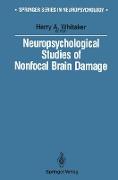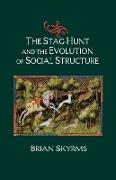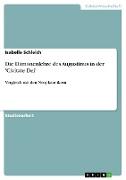- Start
- Neuropsychological Studies of Nonfocal Brain Damage
Neuropsychological Studies of Nonfocal Brain Damage
Angebote / Angebote:
In summary, considerable controversy and research have been generated from the automatic/effortful distinction. Hasher and Zacks (1979) initially stated that all manipulations (e. g. , practice, individual differences such as age, orienting instructions) must produce null effects in order to satisfy the criteria that a process is "automatic. " However, Zacks et al. (1984) have more recently noted that automatic processes may range in degree from relative insensitivity to task and subject variables (e. g. , frequency processing) to those that are more vulnera ble to disruptive effects (e. g. , temporal processing). A review of the literature reveals that individuals are sensitive to frequency information even if manipUla tions alter the slope of the judgments. Perhaps the application of dual-task metho dology to the measurement of capacity demands will be useful in classifying processes along an attentional continuum. Moreover, there has been a tendency to dichotomize automatic/effortful processes rather than to characterize them as ranging from low to high attentional demands. Recent evidence (Maki & Ostby, 1987) suggests that attention may be important only in the initial (early) stages of processing frequency information. Therefore, a major difference that may emerge between automatic and effortful processing could be the degree of sus tained attention required from individuals. In the following section, we review the findings obtained in the application of the automatic/effortful framework to the elderly and neurological/psychiatric populations.
Folgt in ca. 5 Arbeitstagen




